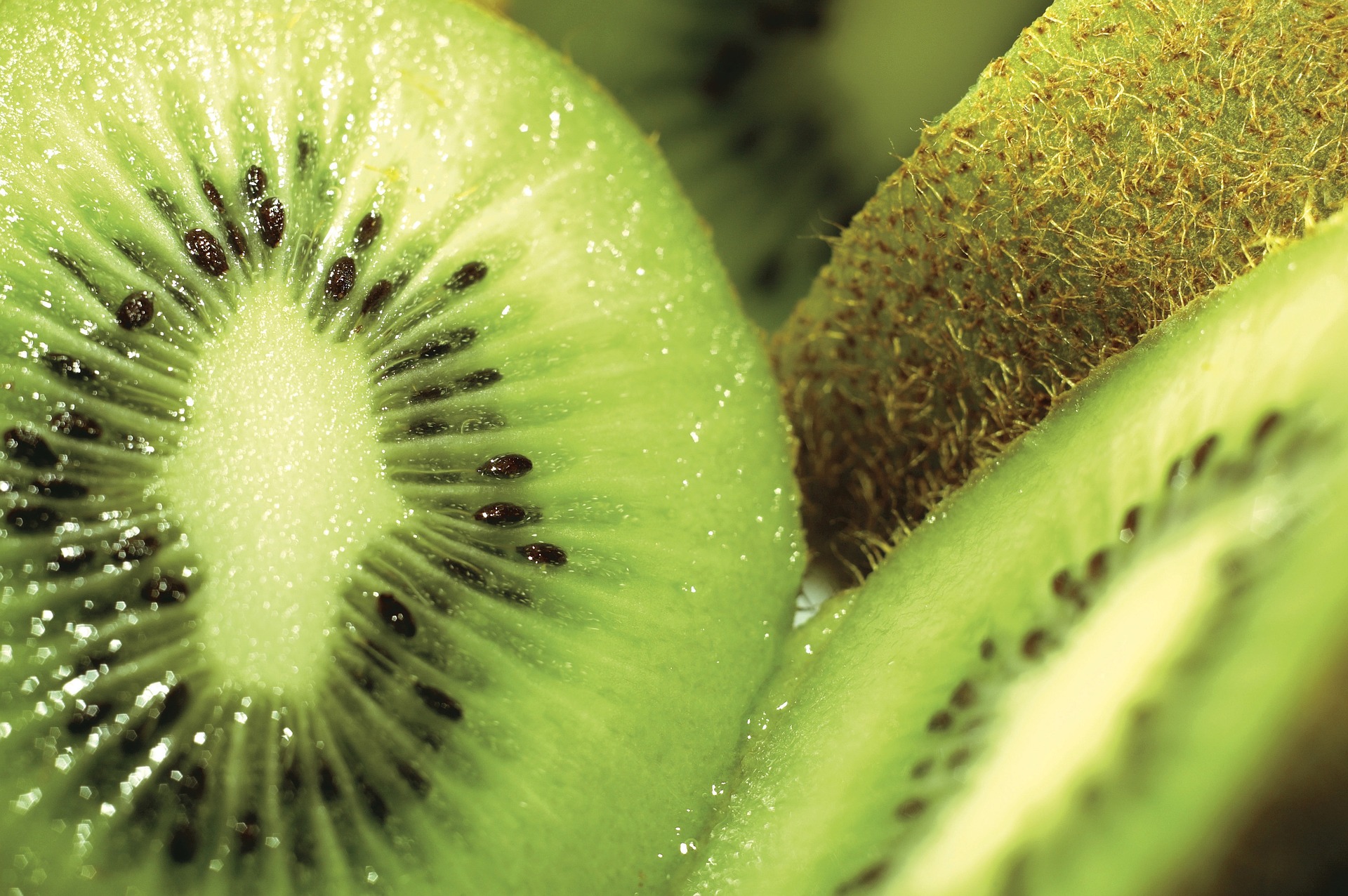Many diabetics avoid fruit because of fruit sugar. But a new study shows that fresh fruit can be healthy for diabetics.

Despite the known health benefits of some fruit, most diabetics tend to avoid eating fruit due to the sugar content. Therefore, researchers wanted to investigate how fruit consumption affects the risk of diabetes and complications of diabetes.
The large, 7-year prospective study followed 482,591 Chinese participants and examined the benefits of fresh fruit consumption and its potential effects on incident diabetes and risks of death and major complications in
The researchers from China and the United Kingdom found that fruit was actually favorable for diabetics. The large cohort study showed that among those who never ate fruit, three times as many were diabetics, which strongly suggest that diabetics are reluctant to eat fruit.
Those study participants who had diabetes and ate fruit more than three days a week indicated a reduced risk of premature death by 17 percent. They also had demonstrated between 13 and 28 percent lower risk of cardiovascular disease as a result of their diabetes, compared with those who ate fruit less than once per week.
The researchers also found that a high intake of fresh fruit in healthy people reduced the risk of diabetes by 12 percent, compared with those who ate fruit rarely or never.
The study was comprised of 512,891 Chinese adults between 30 and 79 years who were followed for 7 years. The researchers followed them for seven years and documented both new cases of diabetes and looked at death and the onset of cardiovascular disease in those who had been given a diabetes diagnosis.
How fruit protects against diabetes are not yet known, but most fruit contains vitamins, fibers, and antioxidants, possibly any or all of these components contribute to a lower risk of diabetes.
“The exact mechanisms through which fresh fruit consumption may be protective against the development and deterioration of diabetes are not very well understood,”
“Fruit contains sugars (i.e., glucose and fructose), which may have negative impacts on glycemic control. However, the natural sugars in fruit may not be metabolised in the same way as refined sugars.”
– Lead author Huaidong Du of the University of Oxford.
The study has been published in PLoS Medicine and may change the perception of fruit in the prevention and treatment of diabetes and provides us with information especially relevant today with diabetes on the rise around the world. The number of people who get diabetes is increasing rapidly. The WHO estimate that 422 million people suffer from diabetes. A good diet plan is important both to prevent and treat diabetes.
Reference:
Huaidong You, et al. Fresh fruit consumption in relation to incident diabetes and diabetic vascular complications: A 7-yl prospective study of 0.5 million Chinese adults. PLoS Medicine, 2017 DOI: 10.1371 / journal.pmed.1002279






















